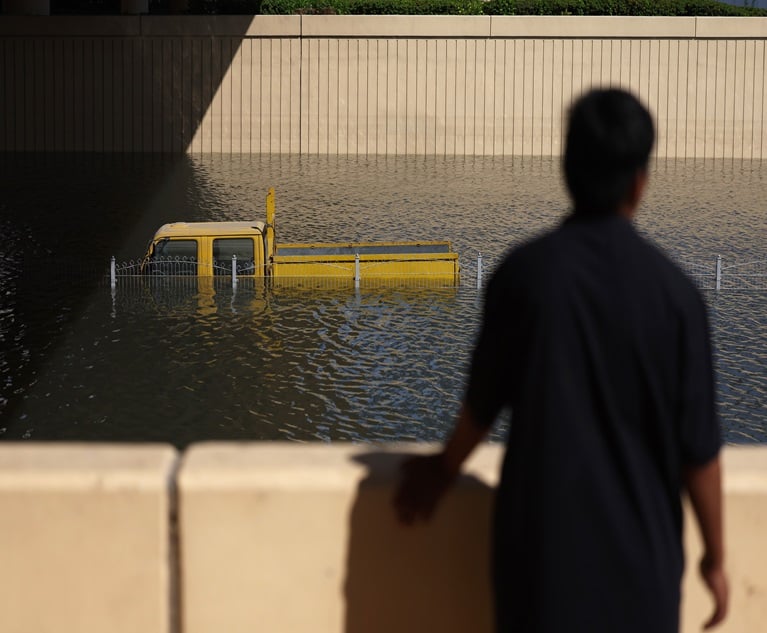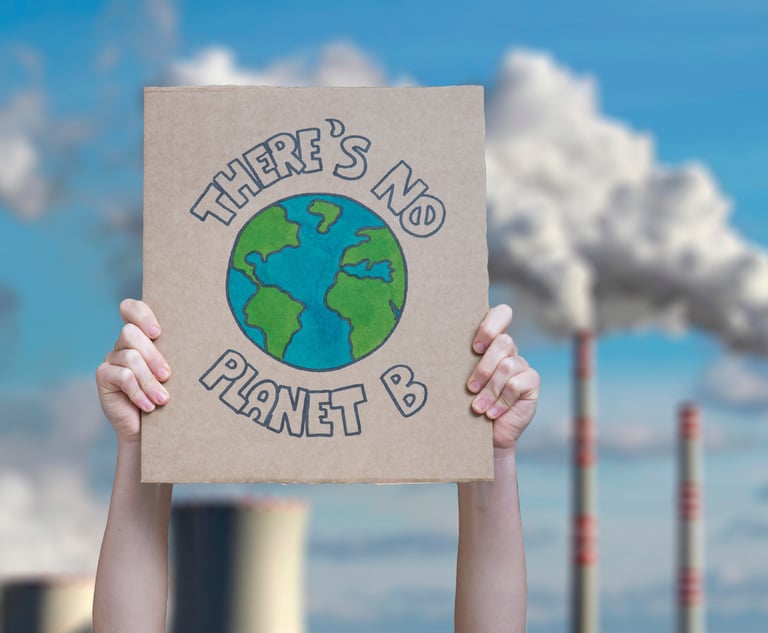(Bloomberg) -- Global warming caused by fossil fuel emissions isblamed by scientists for intensifying storms, raising sea levelsand prolonging droughts. Now there’s growing evidence of a positiveeffect: we may have delayed the next ice age by 100,000 years ormore.
|The conditions necessary for the onset of a new ice age werenarrowly missed at the beginning of the Industrial Revolution inthe 1800s, researchers at the Potsdam Institute forClimate Impact Research near Berlin wrote Wednesday in thejournal Nature. Since then, rising emissions of heat-trappingCO2 from burning oil, coal and gas have made the spread of theworld’s ice sheets even less likely, they said.
|“This study further confirms what we’ve suspected for some time,that the carbon dioxide humans have added to the atmosphere willalter the climate of the planet for tens to hundreds of thousandsof years, and has canceled the next ice age,” said Andrew Watson, aprofessor of Earth sciences at the University of Exeter insouthwest England who wasn’t involved in the research. "Humans noweffectively control the climate of the planet."
|The study reveals new findings on the relationship betweeninsolation, a measure of the Sun’s energy reaching the planet,levels of carbon dioxide in the atmosphere, and the spread of icesheets that characterize an ice age. The researchers in Germanywere able to use computer models to replicate the last eightglacial cycles and provide predictions on when the next mightoccur.
|The scientists found that even without further output ofheat-trapping gases, the next ice age probably wouldn’t set in foranother 50,000 years. That would make the current so-calledinter-glacial period “unusually long,” according to the leadauthor, Andrey Ganopolski.
|“However, our study also shows that relatively moderateadditional anthropogenic CO2-emissions from burning oil, coal andgas are already sufficient to postpone the next ice age for another50,000 years,” which would mean the next one probably won’t startfor 100,000 years, he said.
|“The bottom line is that we are basically skipping a wholeglacial cycle, which is unprecedented.”
|Levels of CO2 have risen to about 400 parts per million now from280 parts per million before the Industrial Revolution. The authorsof the latest study signaled that if the concentration had been 240parts per million at the time, the onset of a new ice age may havebeen triggered, and that farming practices before industrializationmay have saved us from crossing that threshold.
|“Whether this narrow escape from glacial inception was naturalremains debatable,” the researchers wrote. “It has been proposedthat pre-industrial land-use at least partly contributed” to theCO2 level registered in the 1800s.
|Related: Landmark climate-change agreement hailed as 'leapfor mankind'
|While avoiding an ice age is a positive for humans, scientistshave for three decades warned of the dangers of climate change,which may threaten the very existence of some nations as risingtemperatures raise sea levels through both thermal expansion and bymelting ice sheets. Envoys from 195 nations sealed a new agreementin Paris last month to contain the rise in temperatures since the1800s to below 2 degrees Celsius (3.6 degrees Fahrenheit) and towork towards a 1.5- degree cap.
|The last ice age lasted about 100,000 years, ending about 12,000years ago. The northern ice sheets stretched as far south as theU.K. and Germany in Europe, as well as covering most of Canada andthe northern U.S. An inter-glacial period would typically lastbetween 20,000 and 30,000 years, according to Jonathan Bamber,director of the Bristol Glaciology Center at the University ofBristol.
|“It is both remarkable and a little scary to think that, in ashort space of time, humans have been able to modify the climatesystem in such a dramatic and profound way,” Bamber said in ane-mailed statement
|--With assistance from Brian Parkin.
|Are you following us on Facebook?
|Copyright 2018 Bloomberg. All rightsreserved. This material may not be published, broadcast, rewritten,or redistributed.
Want to continue reading?
Become a Free PropertyCasualty360 Digital Reader
Your access to unlimited PropertyCasualty360 content isn’t changing.
Once you are an ALM digital member, you’ll receive:
- All PropertyCasualty360.com news coverage, best practices, and in-depth analysis.
- Educational webcasts, resources from industry leaders, and informative newsletters.
- Other award-winning websites including BenefitsPRO.com and ThinkAdvisor.com.
Already have an account? Sign In
© 2024 ALM Global, LLC, All Rights Reserved. Request academic re-use from www.copyright.com. All other uses, submit a request to [email protected]. For more information visit Asset & Logo Licensing.








